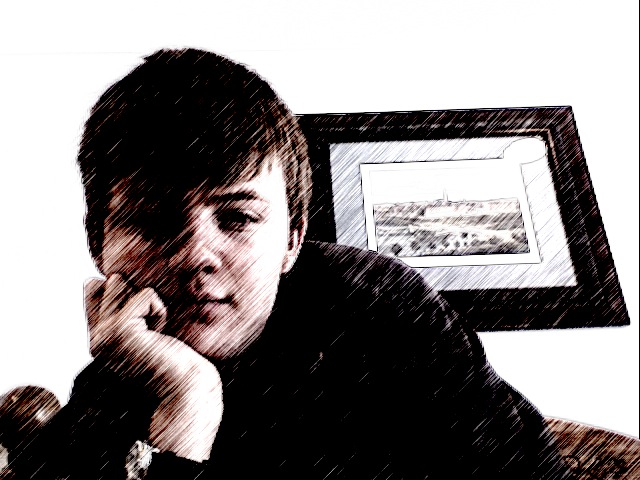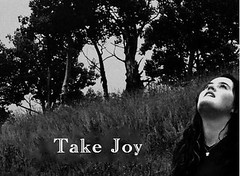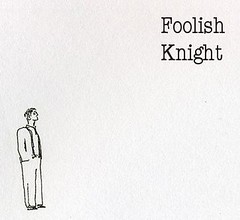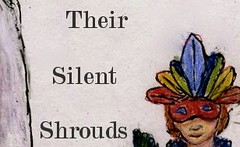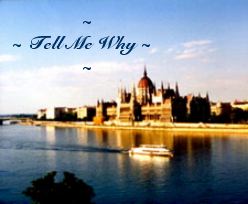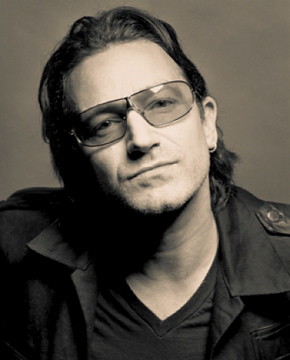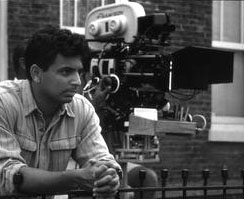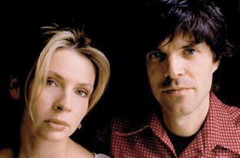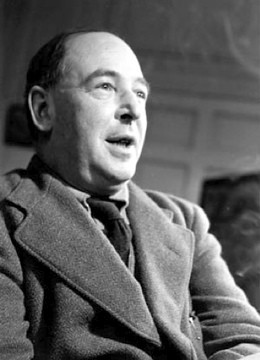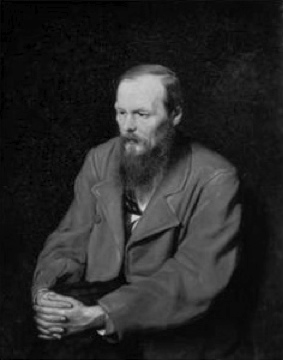Every so often, I come across something that just blows my mind. Peter Gabriel's masterpiece,
So, is such a something. It partially blows my mind that I haven't come across this up till now. It seems that such an incredible piece of art should have come across my line of sight sometime or other. But of course, it could have something to do with the fact that
So was recorded in 1986. Actually, 1986 was a great year for finding great albums. Sam (then Leslie) Phillips released her last Christian album, and her greatest up to that point,
The Turning. That same year also turned out what has come to be seen as probably the greatest (or at least in the top three greatest) rock albums of all time,
The Joshua Tree. It was a year that the music industry started to take a turn towards greatness, even if that greatness turned out to be short-lived. That turn towards greatness was in part pushed on by the brilliancy of Peter Gabriel, and his first true mainstream rock album. It shouted out to the world, and the world listened. Now, almost 20 years later, I'm hearing the echoes of what originally was a mighty call.
I think maybe that the thing about
So that makes it so intriguing is it's depth. Many albums that I've listened to numerous times and enjoyed, had an outside layer that drew me in originally because of the superior sound, the emotions of the music. But when I tried reached that point, that was it. It seemed beautiful on the outside, but when I got to the center of the message, there was no substance. It was shallow, with nothing else to give me but a good feeling for a while. And that's why
So is so special. It too has an outer shell of music, and I have to say I've rarely come up against such brilliance in rythym and beat. His unique sythesizers work perfectly with the eclectic sounding, syncipated percussion. He has since scored several movies, including Martin Scorcese's
The Last Temtation Of Christ, and the recent
Rabbit Proof Fence. His musical skills are indeed quite impressive, but the thing that makes
So special is that when the polish of the music has been worn away, we find that there is another layer pulling us in, a lyrical layer, filled with incredible metaphores and diverse emotional allusions to our daily lives. It is rare indeed to find a work of art that asks to be explored. We are practically required to take time to think about what Peter Gabriel is saying. None of the answers to his songs are found at first glance, they must be studied and thought about thoroughly, and then, only then, do we begin to develop a concept of the profound thoughts he puts forth. And in the end, it truly pays off to find the answers.
Every song is filled with incredible feelings, and the breadth of emotion is seen throughout the songs, as they flow into each other. The first song is a song that sets the meaning for the album, the song
Red Rain. It is about surrender, about losing ourselves, and being found by love. The lyrics speak for themselves, "
Just let the red rain splash you/Let the rain fall on your skin/I come to you with defenses down/With the trust of a child".
The next song,
Sledgehammer, is a bit of a contradiction to the whole album, as it's basically an intense love song. It still feels right on the album, but in a strange way. Interestingly enough, that song has probably garnered more attention than any other on the album, through it's music video, which is considered by most critics to be the greatest music video of all time.
Next in line, the song
Don't Give Up, is where Gabriel starts in on one of his lasting themes of the album. There is hope, even in the darkest of places, and hardest of situations. The song, sung as a duet with Kate Bush, is a beautiful anthem to the power of faith in goodness overcoming evil, and has had a powerful effect on many people's lives.
For the following song,
That Voice Again, he does a positional twist, and puts himself in the place of the very individual he was encouraging in the previous song. He expresses the desire to be at unity with love, but is held back by the voices that attack from all sides, at all times. The fear and doubt are close, but so is security and love.
I think that maybe the song
Mercy Street, although often overlooked, might be the most intesively poignant, and at the same time, incredibly brilliant song of the entire album. It is the last glorious cry of a broken individual, who looks darkness and despair directly in the eyes, and says, you may beat me, you may break my body, you may defeat every last light in me, but you can never break my spirit. It is what we find at the very center of what makes us human, the intensive truth of goodness, love, and mercy. The allusions to Christianity in this song are also fascinating.
I love the way the song
Big Time begins, with a deliberate, "Hi there!". It is a spirit of defiance, almost arrogance, that makes this song so interesting. It almost makes me think of American culture, with everything warped and oversized to our liking. It portrays the modern want to have more, and to experience more, as heard in the line "
And I will pray to a big God/As I kneel in the big Church/Big time/I'm on my way to making it big time". Very interesting.
Moving along in the album, we start to see that Gabriel enjoys songs that repeat the lyrics, as witnessed in the songs
Red Rain, Big Time,and the next song,
We Do What We're Told (Milgram's 37). The song title also is the lyric that is repeated over and over again in the song, until we begin to hear a series of statements, all beginning with one (i.e. One life, One love, etc.). I think that the point of the song is even though we do what we're told, there still are basic things that are true that stay true no matter what we are pressed to do by this world. A very interesting interlude.
The following song is one of the weirdest songs I've ever heard.
This Is The Picture (Excellent Birds) doesn't seem to have a meaning right off. And I'm still in the dark about what it means. I'll get back to you when I figure it out. One thing it isn't is boring. It starts with a offset beat, that builds up along with the instruments the entire song to a energetic ending. It's almost as if the whole song is leading up to something, we just never get to find out what. Still fun.
The last song,
In Your Eyes, though not the most profound, is probably the most recognizable radio songs by Gabriel. As a matter of fact, I didn't even know it was done by Gabriel to start out with, as the first place I heard it was on Christian radio, on of two covers done by Christian artists of the song. I'm actually glad that it was Gabriel who wrote it to begin with, because his version is infinitely better than the remakes. It actually reminds me ever so slightly of something Phil Collins might have done. But as always, the writing in this song is much better than anything Collins ever did. It is a song that ends the album with hope, hope in people, hope in love. It in a way ties the whole album together, and everything starts to make sense. It simply goes to show what a masterpiece
So is.
So, don't hesitate to go out and buy this album. I did for a long time, I now I regret I didn't get it earlier. It is one of the best albums you'll ever run across, and I can think of almost no better way I could spend musical time than to spend it listening to Peter Gabriel's
So.
